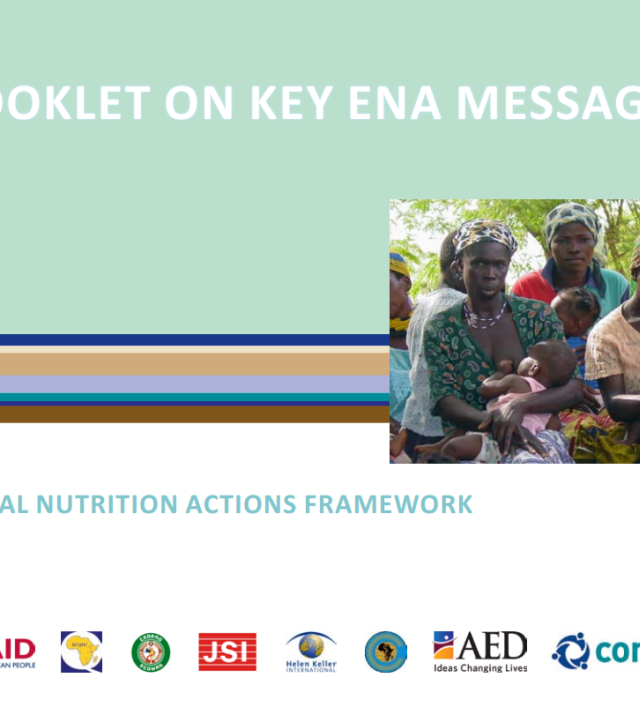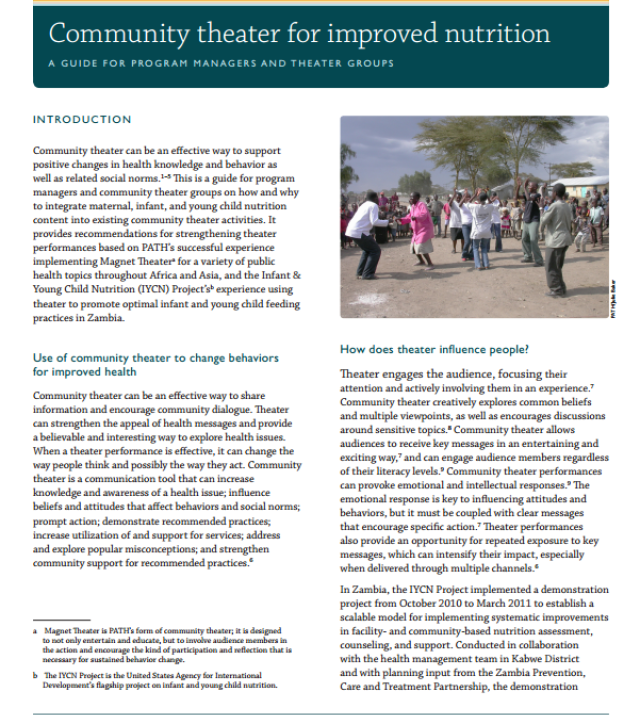
Strengthening and Evaluating the Preventing Malnutrition in Children under 2 Approach (PM2A) in Burundi: Baseline Report

This report presents the findings from the baseline survey for the impact evaluation of the Tubaramure program, a Preventing Malnutrition in Children under 2 Approach (PM2A) program implemented in eastern Burundi. Tubaramure is a United States Agency for International Development (USAID) Title II food aid development program funded out of the Public Law 480 Title II resources. The objectives of the Tubaramure program are to improve the health and nutritional status of pregnant and lactating women and children under 2 years of age and to strengthen the quality and delivery of health care services.
Tubaramure has three core components: distribution of family and individual food rations; required participation of beneficiaries in a behavior change communication (BCC) strategy focused on improving health- and nutrition-related behaviors; and required use of preventive health services for pregnant and lactating women and children under 2 years of age. The program is being implemented by a consortium of nongovernmental organizations (NGOs) led by Catholic Relief Services (CRS) and further consisting of International Medical Corps (IMC), Food for the Hungry (FH), and CARITAS Burundi.
The report is structured as follows. Section 2 presents the study methods. The community- and household-level results are presented in Sections 3 and 4, respectively. Sections 5 and 6 follow with the results for mothers and children. Differences between study arms are discussed in Section 7. Section 8 concludes with a discussion of the results and recommendations for improving the health and nutrition situation in the study area.

